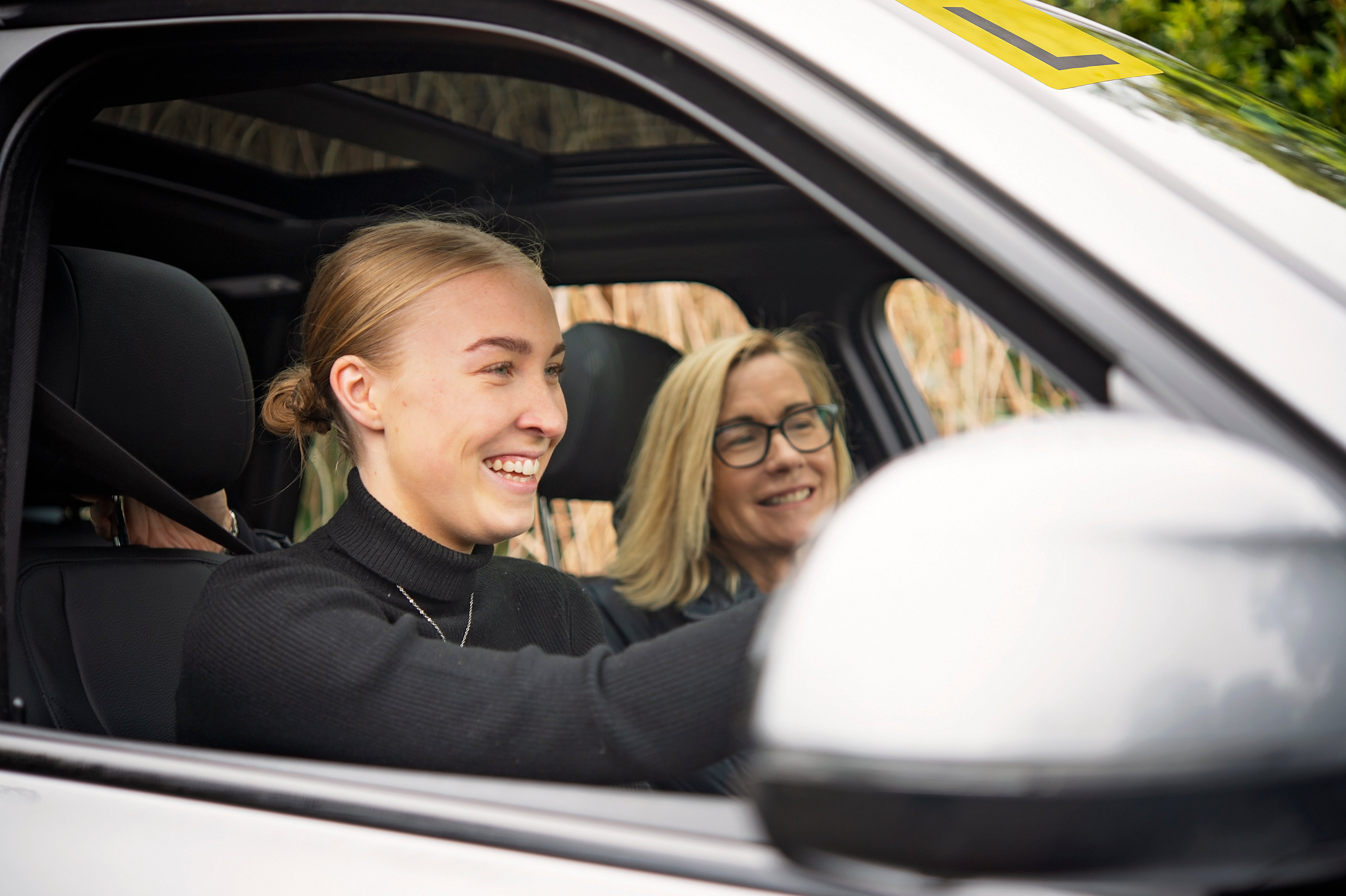People with more educational qualifications are less likely to pass driving test first time, finds study
In the study 59 percent of those with no qualifications passed first time, falling to 51 percent for those with A-levels

[This article was first published in 2018]
People who have a degree or post-graduate qualification are more likely to have a higher number of failed driving tests than people with no GCSEs, according to new research.
Insurers Privilege DriveXpert conducted the analysis of 1,564 people with a full UK driving licence and found that 59 percent of those with no qualifications passed first time, falling to 51 percent for those with A-levels.
Creative personality types will also be pleased to hear that those specialising in the arts at A-level and above passed their driving test with fewer attempts. The research found that this was 1.9 attempts compared to 2.3 for those who studied maths and sciences.
The study found that six out of 10 drivers with no qualifications pass their L-test first time with an average of 1.7 attempts to gain the full driving licence.
By contrast, half of people with GCSEs passed first time, with an average of 1.8 attempts.
People holding undergraduate degrees had an even lower first time pass rate of 48 percent and for those with post-graduate qualifications the figure is lower again at 47 percent.
Charlotte Fielding, head of Privilege DriveXpert said: “Passing first time isn't the be-all and end-all of driving ability as many of the main skills we need to equip ourselves for our driving careers are learned over the years as our experience on the roads builds.
“This research demonstrates a link with academic and professional success and passing the driving test,” Ms Fielding added.
Location is also a significant factor according to a 2016 study by Privilege Car Insurance which found that those examined in east London suburbs are twice as likely to fail as those in Barrow-in-Furness, Cumbria.
Dr Lee Hadlington, senior lecturer in Psychology at De Montfort University told The Daily Mail: “Those who don’t have formal qualifications could be in roles that rely more heavily on procedural skills like motor control, hence they may be better suited to activities like passing a driving test.”
A 2016 study by car sales company Auto Trader and driving school RED also found that the average age to start driving has been pushed back to 26, as younger adults put off learning.
Join our commenting forum
Join thought-provoking conversations, follow other Independent readers and see their replies
Comments
Bookmark popover
Removed from bookmarks